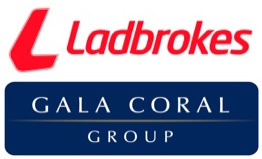UK-based bookmaker Ladbrokes, which is set to merge with Coral, has lost a £54m tax avoidance court case.

HM Revenue and Customs sucessfully argued that the company’s attempt to avoid corporation tax was barred by the law. The First-tier Tribunal ruling means Ladbrokes cannot reclaim £54m in tax. Another three similar cases are worth £112m of tax.
HMRC’s director general of business tax, Jim Harra, said: “Avoidance just doesn’t pay - we win around 80 per cent of cases taxpayers choose to litigate and many more concede before litigation. We will uncover the avoidance schemes and contrived structures designed to minimise tax and we will challenge them.”
The tax avoidance scheme in this case, promoted by accountancy firm Deloitte, was used in 2008 and exploited a loophole that was closed in the same year. The relevant legislation was strengthened in 2009. Under the scheme, two companies in the Ladbroke group - Ladbroke International and Travel Document Service - entered into specially-designed arrangements, so an artificially manufactured fall in the value of the shares in one company created a loss in the other company for tax purposes.
The group suffered no real economic loss overall. According to HMRC, Ladbrokes admitted that the arrangements were intended to avoid tax but argued that anti-avoidance rules did not catch them. The tribunal agreed with HMRC that the rules prevented Ladbrokes from gaining the tax advantage they sought.
There were originally 11 users of this type of scheme. Seven conceded before the tribunal hearing and paid the tax they owed.

